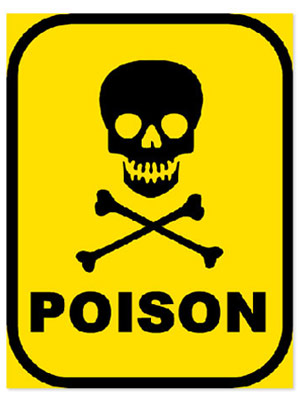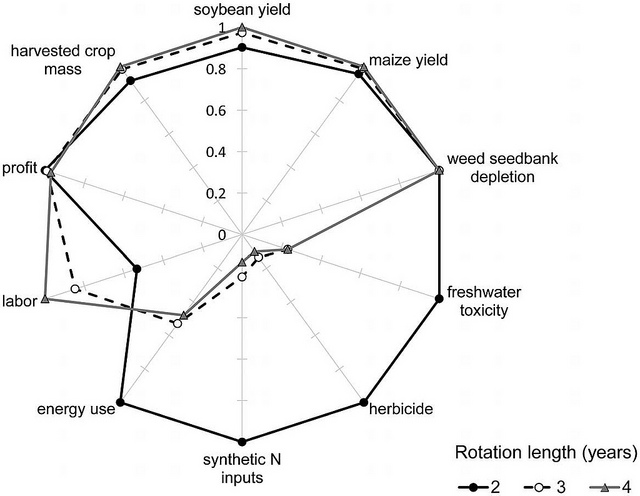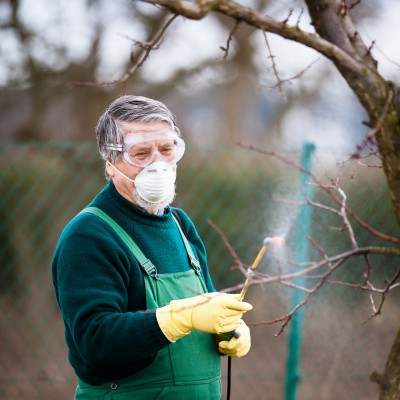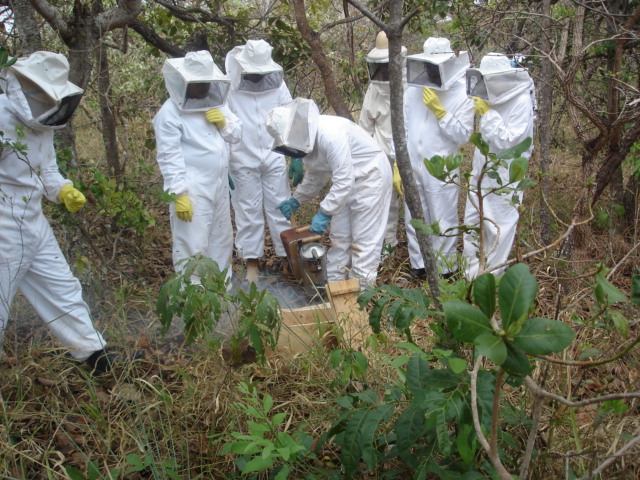 Roundup (you know, the stuff that’s sprayed on cotton, soybeans,
peanuts, and corn and drifts across the road) causes DNA damage
even when diluted down to 450 times less than what’s used in agriculture,
according to a scientific study from February 2012.
Roundup (you know, the stuff that’s sprayed on cotton, soybeans,
peanuts, and corn and drifts across the road) causes DNA damage
even when diluted down to 450 times less than what’s used in agriculture,
according to a scientific study from February 2012.
Cytotoxic and DNA-damaging properties of glyphosate and Roundup in human-derived buccal epithelial cells,
by Verena J. Koller, Maria Fürhacker, Armen Nersesyan, Miroslav Mišík, Maria Eisenbauer and Siegfried Knasmueller,
Archives of Toxicology
Volume 86, Number 5 (2012), 805-813, DOI: 10.1007/s00204-012-0804-8.
Glyphosate (G) is the largest selling herbicide worldwide; the most
common formulations (Roundup, R) contain polyoxyethyleneamine as
main surfactant. Recent findings indicate that G exposure may cause
DNA damage and cancer in humans….
 Since we found genotoxic effects after short exposure to
concentrations that correspond to a 450-fold dilution of spraying
used in agriculture, our findings indicate that inhalation may cause
DNA damage in exposed individuals.
Since we found genotoxic effects after short exposure to
concentrations that correspond to a 450-fold dilution of spraying
used in agriculture, our findings indicate that inhalation may cause
DNA damage in exposed individuals.
It’s probably not even the “active” ingredient, glyphosate,
that’s causing this DNA damage,
more likely one of its “inert” ingredients.
Sayer Ji wrote for Greenmedinfo 15 October 2012,
Research: Roundup Herbicide Toxicity Vastly Underestimated,
Continue reading →
Research, including studies presented at the conference in Istanbul, is showing that organic agriculture can deliver reliably high yields ”and that organic fields thrive in the face of disaster and duress, where chemical-reliant crops falter. Organic fields, for example, fare significantly better than chemically managed ones in the face of extreme weather, such as droughts or floods.










